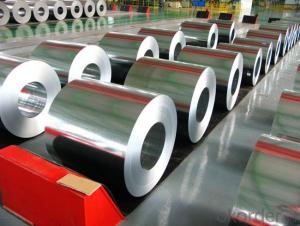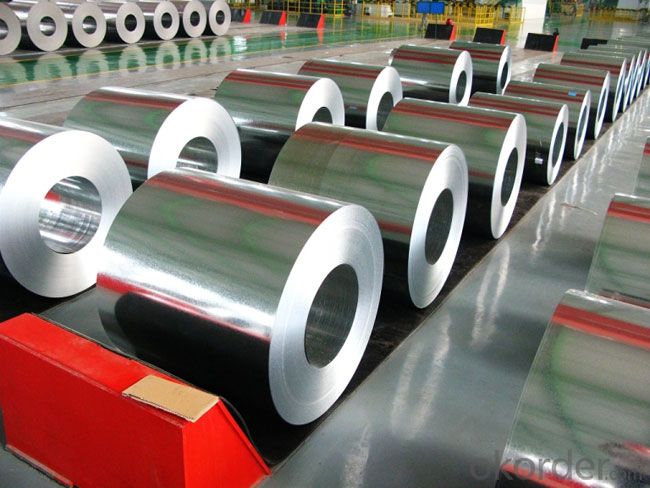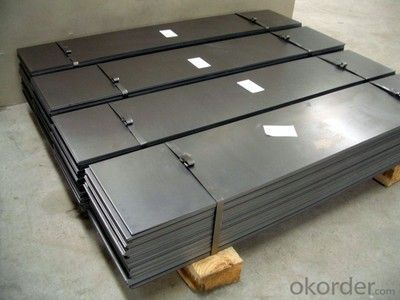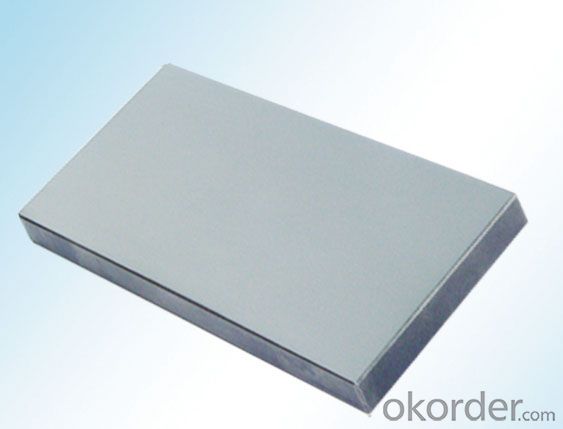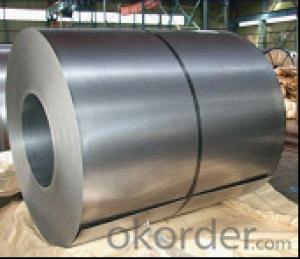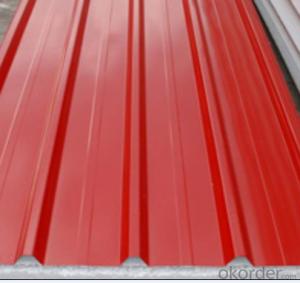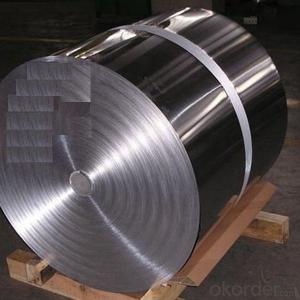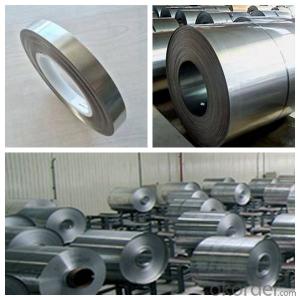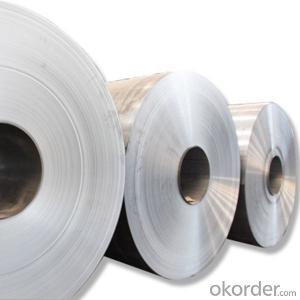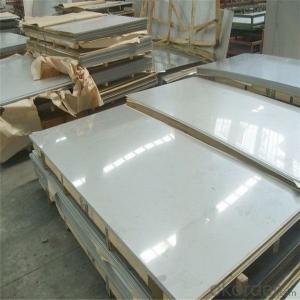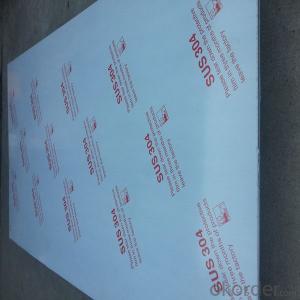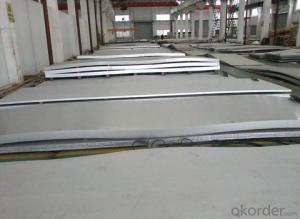Carbon Mild Steel Square Bar in Best Sale High Quality
- Loading Port:
- Tianjin
- Payment Terms:
- TT or LC
- Min Order Qty:
- 500 m.t.
- Supply Capability:
- 40000 m.t./month
OKorder Service Pledge
OKorder Financial Service
You Might Also Like
Carbon Mild Steel Square Bar in Best Sale High Quality
Main Structure:
Material: Steel
Dimensions: 60*60mm-150*150mm
Technique: Hot Rolled
Length: 2-12m
Standard: GB1499
Chemical Composition: C, Si, Mn, P, S, (B)
Alloy Or Not: Is Alloy
Shape: Square
Secondary Or Not: Non-secondary
Delivery: delivery on time
Type: steel square bar
Specifications:
Type | Steel billet / Square steel/ Steel square bar |
Standard grade | 3SP/PS, 5SP/PS, Q195, Q235, Q255, Q275, 20MnSi etc. |
MOQ | 1000 MT |
Technique | Hot rolled, Continuous casting and rolling |
Size | 50*50mm ~ 160*160mm |
Length | 3~12m |
Packing | Loose packing, in bundle |
Payment terms | T/T, L/C at sight, Usance L/C |
Trade terms | EXW, FOB, CFR, CIF |
Trans terms | FIO, FILO, FLT |
Inspection | Third party inspection accepted |
Delivery time | 15-30 days, according to the quantity |
Applications | carbon structural steel, wire rod, rod, deformed bars, profile steel, machine parts, and steel moulds etc . |
Note | Customized service is available (for sizes,length and chemical components etc.). |
Datas for Steel Grade:
Steel Grade | C % | Mn % | Si % | S % | P % |
Q195 | 0.06-0.12 | 0.25-0.50 | 0.30 Max | 0.04 Max. | 0.04 Max. |
Q235 | 0.12-0.22 | 0.30-0.60 | 0.30 Max. | 0.04 Max. | 0.04 Max. |
Q255 | 0.18-0.28 | 0.40-0.70 | 0.30 Max. | 0.045 Max. | 0.050 Max. |
Q275 | 0.27-0.38 | 0.50-0.80 | 0.30 Max. | 0.045 Max. | 0.045 Max. |
3SP | 0.14-0.22 | 0.40-0.85 | 0.15-0.30 | 0.050 Max. | 0.040 Max. |
5SP | 0.28-0.37 | 0.50-1.00 | 0.15-0.30 | 0.050 Max. | 0.040 Max. |
20MnSi | 0.17-0.25 | 1.00-1.60 | 0.40-0.80 | 0.050 Max. | 0.050 Max. |
Why choose us:
1. More than 10 years experience in this industry
2. 100,000 tons exporting per month
3. Professional foreign trade team
4. OEM&ODM capacity
5. High quality assured & competitive price
6. Try our best to meet your needs & save your budget
7. Very popular in Southeast Asia, Africa, Mid-East and South America etc.
8. VIP membership system, first time customers and long-term cooperation customers can get extra discount on some products.
Picture
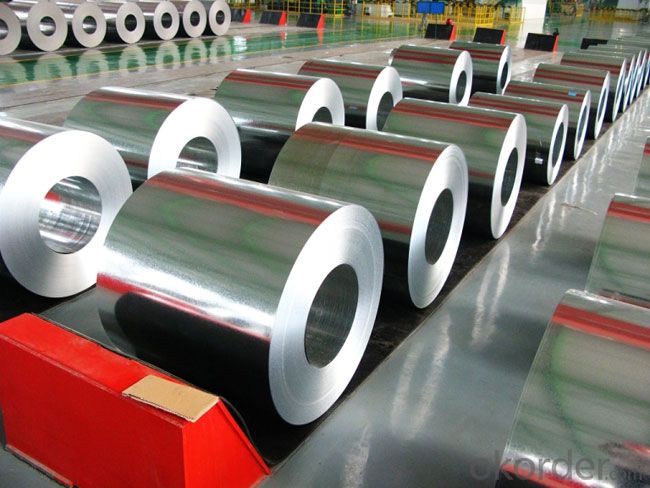
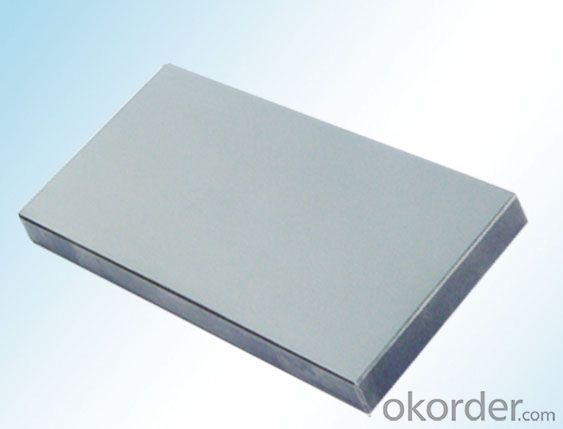
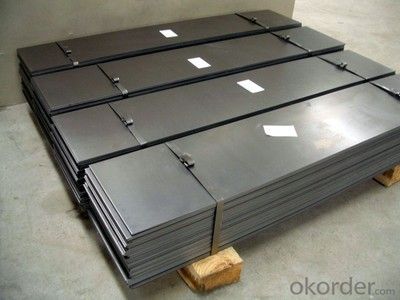
- Q: Can steel sheets be used in corrosive environments?
- Yes, steel sheets can be used in corrosive environments, but the type of steel used and the proper protective measures need to be taken into consideration. Stainless steel, for example, is highly resistant to corrosion and can withstand harsh environments. It contains chromium, which forms a protective oxide layer on the surface, preventing corrosion. Galvanized steel is another option, where a layer of zinc is applied to the steel surface, providing a protective barrier against corrosion. Additionally, various coatings such as epoxy, polyurethane, or paint can be applied to steel sheets to enhance their resistance to corrosive elements. It is important to select the appropriate steel grade and protective coatings based on the specific corrosive environment to ensure long-lasting performance. Regular inspections and maintenance are also necessary to identify and address any potential signs of corrosion.
- Q: Can steel sheets be used for staircase railings?
- Yes, steel sheets can be used for staircase railings. Steel is a durable and strong material that is commonly used in construction and engineering applications. Steel sheets can be fabricated into various shapes and designs to create stylish and modern staircase railings. They can be easily customized to suit different architectural styles and preferences. Additionally, steel railings are known for their longevity and low maintenance requirements, making them a popular choice for staircase installations.
- Q: What are the common applications of cold-rolled steel sheets?
- Cold-rolled steel sheets are commonly used in various industries for applications such as automotive components, appliances, construction materials, machinery, and electrical equipment.
- Q: What are the different shapes available for steel sheets?
- There are several different shapes available for steel sheets, depending on the specific requirements and applications. Some of the commonly used shapes include: 1. Flat sheets: These are the most basic and versatile shape of steel sheets. They have a flat surface and are available in various sizes and thicknesses. Flat sheets are commonly used in construction, automotive, and manufacturing industries. 2. Coils: Steel sheets can also be available in coils, which are continuous lengths of sheet metal wound into a roll. Coils are often used for large-scale production processes, such as in the manufacturing of appliances, automobiles, and HVAC systems. 3. Perforated sheets: These sheets have evenly spaced holes or perforations throughout their surface. Perforated sheets are used in applications where ventilation, filtration, or aesthetic appeal is required, such as in architectural designs, signage, and industrial machinery. 4. Corrugated sheets: These sheets have a series of parallel ridges and grooves, which provide strength and rigidity. Corrugated sheets are commonly used for roofing and siding applications, as they offer excellent durability and weather resistance. 5. Expanded metal sheets: These sheets are manufactured by cutting and stretching a flat sheet, creating a pattern of diamond-shaped openings. Expanded metal sheets are used in applications that require ventilation, security, or filtration, such as fences, walkways, and machine guards. 6. Diamond plate sheets: Also known as tread plate or checker plate, these sheets have a pattern of raised diamonds or lines on their surface. Diamond plate sheets are commonly used for flooring, stairs, ramps, and truck bed liners, as they provide traction and slip resistance. These are just a few examples of the different shapes available for steel sheets. The choice of shape depends on the specific requirements of the project, including strength, durability, aesthetics, and functionality.
- Q: What are the weight and load-bearing capacities of steel sheets?
- The weight and load-bearing capacities of steel sheets can vary depending on factors such as the thickness, grade, and type of steel being used. Generally, steel sheets have high strength and can withstand heavy loads. However, it is essential to consult the specific specifications and guidelines provided by the manufacturer or engineering standards for accurate information on weight and load-bearing capacities.
- Q: What are the different types of steel sheet coatings?
- There are several different types of steel sheet coatings available in the market, each with its own unique properties and advantages. Some of the most common types include: 1. Galvanized Coating: This is one of the most widely used coatings for steel sheets. It involves applying a layer of zinc to the surface of the steel, which provides excellent corrosion resistance and protects the steel from rusting. Galvanized coatings are commonly used in outdoor applications such as roofing, fencing, and automotive parts. 2. Galvannealed Coating: Similar to galvanized coating, galvannealed coating also involves applying a layer of zinc to the steel surface. However, in this process, the coated steel is passed through a high-temperature annealing process, which forms a coating of iron-zinc alloy. This type of coating offers enhanced paintability and weldability, making it ideal for applications that require subsequent painting or welding. 3. Aluminized Coating: Aluminized coatings involve applying a layer of aluminum to the steel surface. This provides excellent heat resistance and corrosion resistance, making it suitable for applications that involve high temperatures, such as exhaust systems and ovens. Aluminized coatings also have good reflectivity properties, making them useful in reflective insulation applications. 4. Organic Coatings: There are various organic coatings available for steel sheets, including epoxy, polyester, and polyurethane coatings. These coatings are often applied in the form of paints or powder coatings and provide a protective layer that enhances the steel's durability and appearance. Organic coatings can be customized to offer specific properties, such as UV resistance, chemical resistance, or decorative finishes. 5. Tin Coating: Tin coatings are commonly used in the food packaging industry. They provide a barrier between the steel sheet and the food product, preventing any interactions that could affect the food's quality or safety. 6. Other Specialty Coatings: There are several other specialty coatings available for specific applications. These include zinc-nickel coatings, which offer enhanced corrosion resistance, and ceramic coatings, which provide high-temperature resistance and excellent electrical insulation properties. Overall, the choice of steel sheet coating depends on the specific requirements of the application, such as corrosion resistance, heat resistance, or aesthetic appeal. It is important to carefully consider the properties of each coating type to ensure the best performance and longevity of the steel sheet in its intended use.
- Q: What are the different strength properties of steel sheets?
- The different strength properties of steel sheets include yield strength, tensile strength, and elongation. Yield strength refers to the maximum amount of stress a material can withstand without permanent deformation. Tensile strength is the maximum amount of stress a material can handle before breaking. Elongation is the measure of how much a material can stretch or deform before breaking. These strength properties are important factors to consider when determining the suitability of steel sheets for various applications.
- Q: Can steel sheets be used for manufacturing machinery or equipment?
- Yes, steel sheets can be used for manufacturing machinery or equipment. Steel is a versatile and durable material that can provide the necessary strength and stability required for various industrial applications. It is commonly used for constructing machine frames, structural components, and other parts of machinery or equipment.
- Q: Are steel sheets resistant to staining or discoloration?
- Yes, steel sheets are generally resistant to staining or discoloration due to their inherent properties and protective coatings.
- Q: What is the difference between a smooth and expanded metal steel sheet?
- A smooth metal steel sheet has a flat surface with no perforations or raised patterns, while an expanded metal steel sheet has a textured surface with small diamond-shaped openings that are created by stretching the metal.
Send your message to us
Carbon Mild Steel Square Bar in Best Sale High Quality
- Loading Port:
- Tianjin
- Payment Terms:
- TT or LC
- Min Order Qty:
- 500 m.t.
- Supply Capability:
- 40000 m.t./month
OKorder Service Pledge
OKorder Financial Service
Similar products
Hot products
Hot Searches
Related keywords
